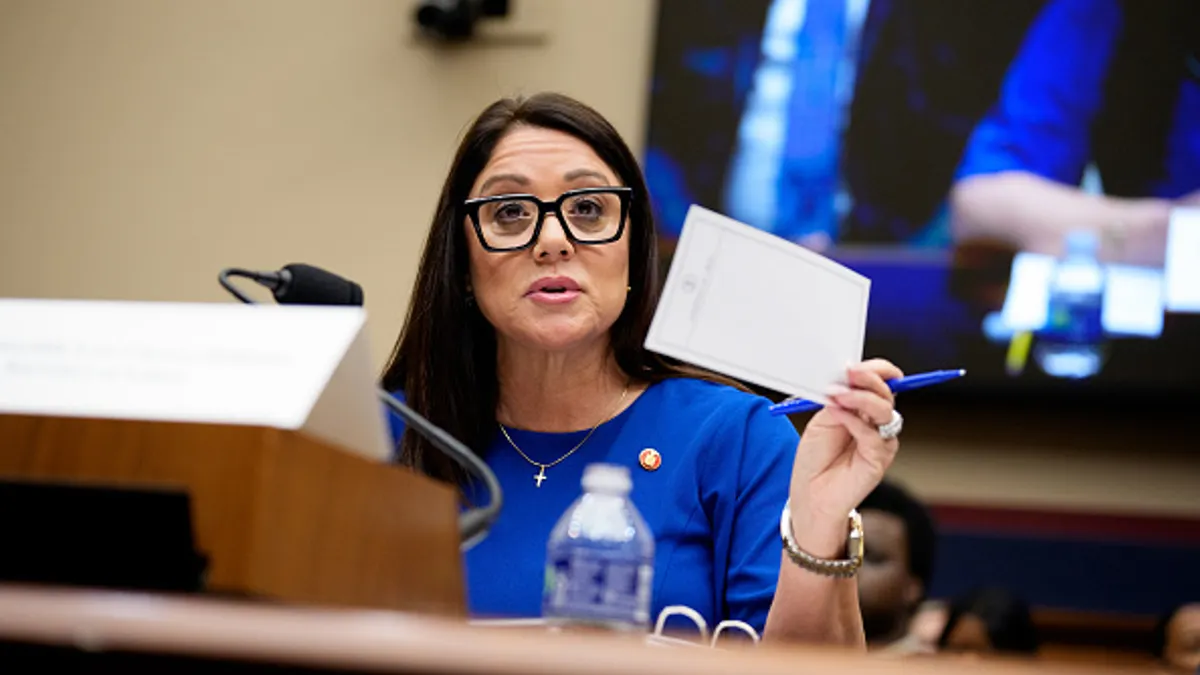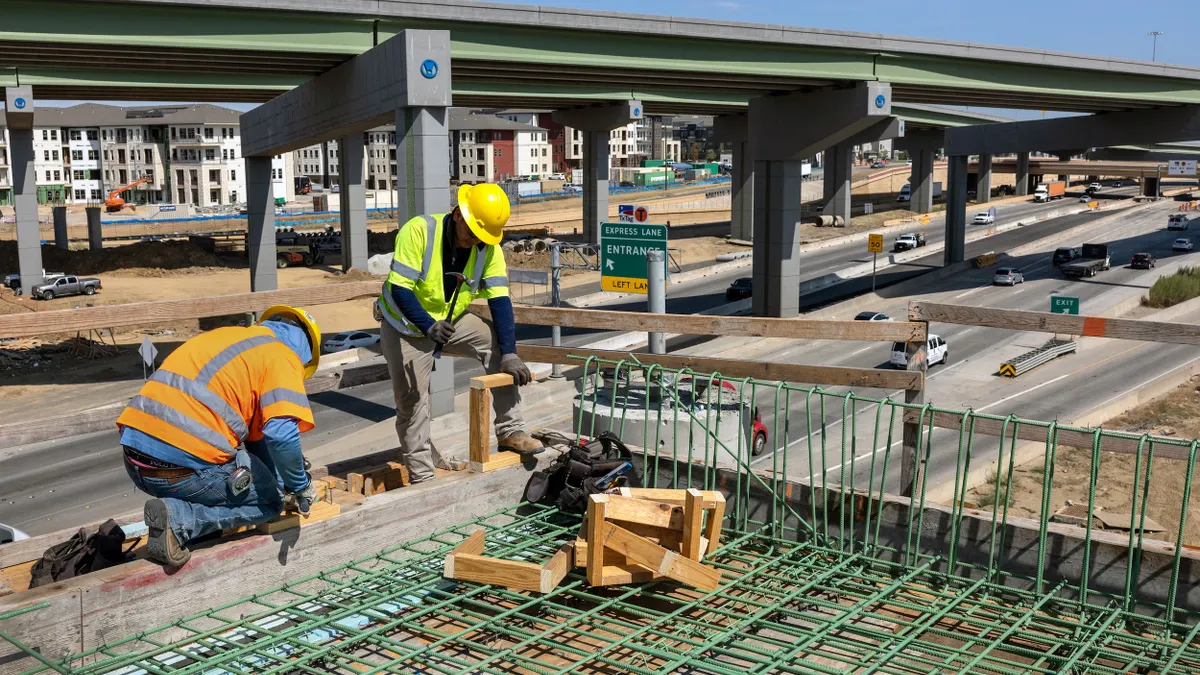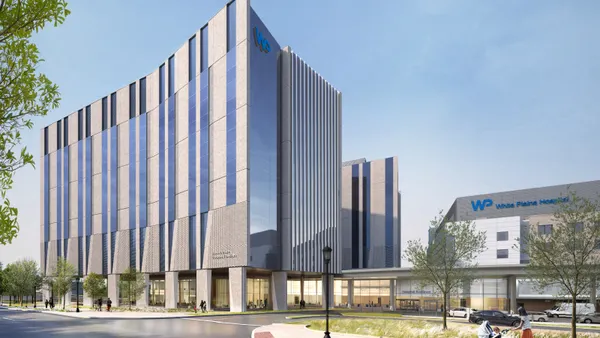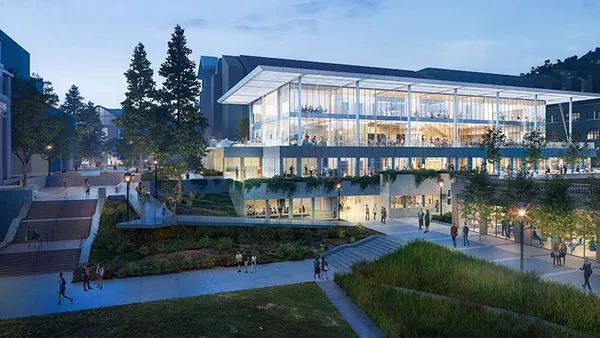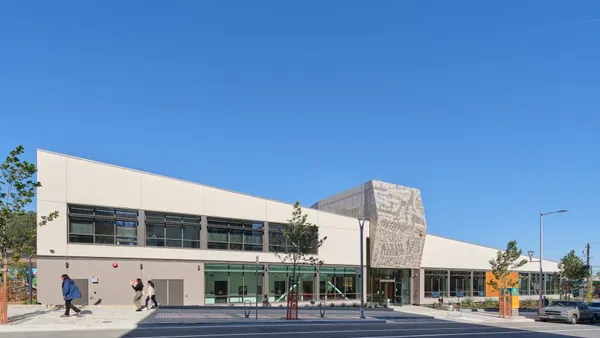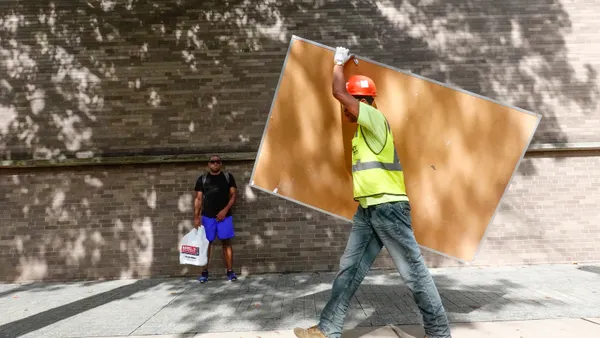Dive Brief:
- Electric car manufacturer Tesla will hold the grand opening for its $5 billion Reno, NV, battery gigafactory on July 29, despite the fact the facility was only 14% complete earlier this month, Fortune reported.
- Although the factory is not yet complete, it is already producing Powerwall and Powerpack batteries, which can store electricity generated from solar panels.
- Fortune reported that although the factory will not be 100% complete in time for the grand opening, the celebration is in keeping with Tesla's habit of hosting opening events for each completed section of the facility.
Dive Insight:
Tesla is under intense pressure to start producing car batteries on a large scale because its popular new Model 3 — less than half the price of its $80,000 Model S and less than 25% of its $150,000 Model X — has accumulated an estimated 400,000 reservations, spurring the manufacturer to raise $1.7 billion to help fund the stepped-up activity.
The gigafactory has drawn international attention ever since crews began prep work at the site in May 2014. There are now nearly 350 Tesla employees already working at the factory, and its multiple interior stories, when complete, will total 5.8 million in square footage. In addition, Tesla has purchased surrounding land to accommodate any future expansion. Tesla, which is acting as its own contractor, has also made a point of incorporating the latest green technology into the gigafactory. The building will be a net-zero energy building with rooftop and hillside solar arrays.
The arrival of Tesla and its gigafactory to the Reno area has been credited with a subsequent surge of business in the region. In December, the Reno Gazette-Journal reported that county business licenses increased 41% and that the majority were for trades and construction. In addition, Steve Hill, director of the Nevada Governor’s Office of Economic Development said that the state hasn't had to court businesses for relocation or new facilities lately. Hill said that Tesla's high-profile factory project had resulted in businesses approaching the state about moving there instead.



